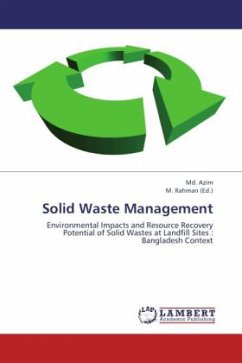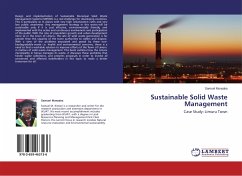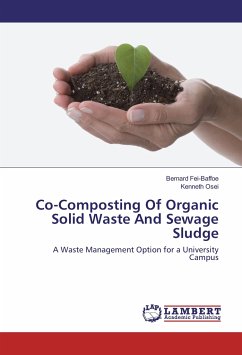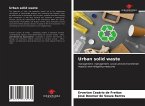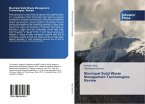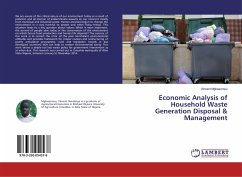Solid Waste Management (SWM) in a densely populated country like Bangladesh is increasingly becoming difficult and challenging. Insufficient fund allocation for the collection, transportation and disposal, implementation of modern techniques for using wastes as a resource for energy alternatives and/or production of synthetic material and nutrient rich soil conditioner and availability of land for disposal all are contributing to the magnitude of the solid waste management problem. This book is compiled based on a research conducted between 2009 and 2010 on the environmental impact assessment of a landfill site near Dhaka city in Bangladesh focusing leachate generation, chemical characteristics of leachate, probable routes of environment pollution, the livelihood and socio-economic condition of the people involved in handling wastes on site and resource recovery potential. It is hoped that the result of the investigation will provide relevant information and will be of academic interest for the people working in this area. This will also share the third world experience of solid waste management.
Bitte wählen Sie Ihr Anliegen aus.
Rechnungen
Retourenschein anfordern
Bestellstatus
Storno

